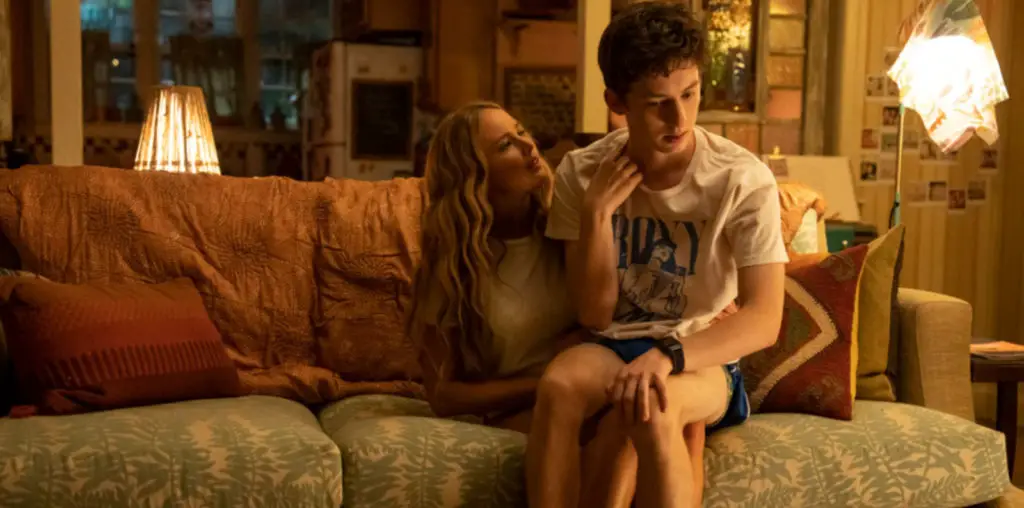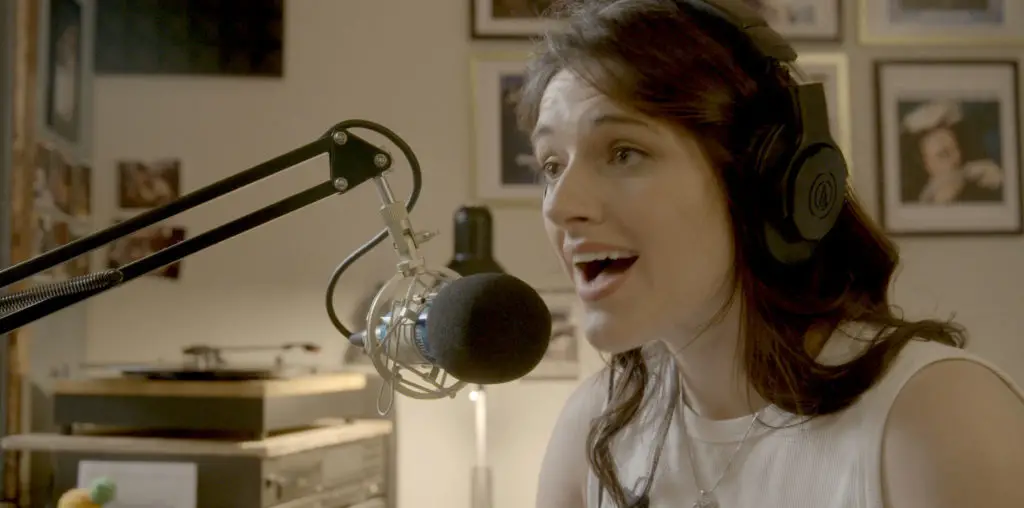
This African film about slave trade among blacks amounts to the first chapter in African-American history.
Ossei leaves his village so he won’t be forced to marry against his will. Before he gets very far, though, he looks back to see his village burning – slave traders have taken his family and friends away.
Following the caravan – and after many harrowing escape attempts and dramatic chases – he arrives at the Bigger Tribe’s village, marked by sturdier huts, more clothing and better weapons than his home. The bad chieftan, Adanggaman himself, seems like a cross between James Brown and Hitler: outrageous hats and outfits, a retinue of drummers to punctuate his declarations, and painted female warriors to carry out his will. All round sit chained and humiliated people awaiting shipment to America. Ossei’s struggle to free his remaining family is compelling and tinged with just enough humour.
It’s hard to say how much M’Bala has been influenced by Western pop – certainly the shot selection and dramatic pacing owe lots to our norms – but through these filters we can see the beginnings of U.S. black culture. During the hand-to-hand combat scenes, for instance, the fighters engage in what can only be compared to basketball chatter – “I’m gonna get you, this time you’re mine, oh, thought you got me eh?” etc.
There are great moments in this film, like the public-ritual argument between Ossei and his father and mother.

